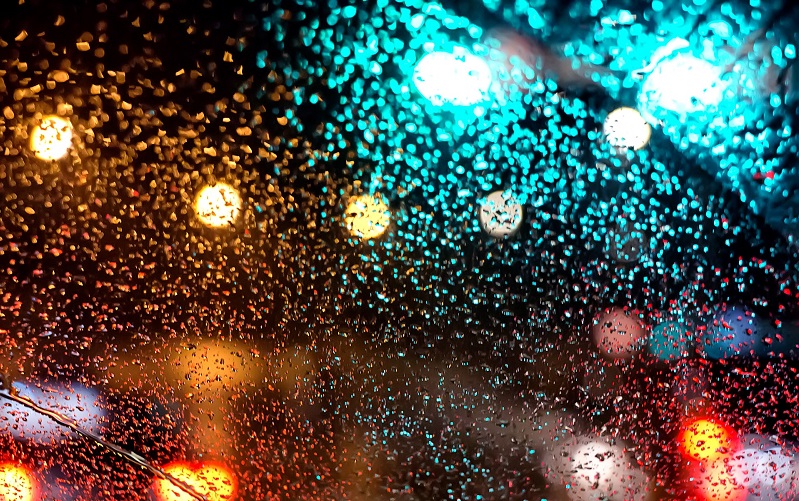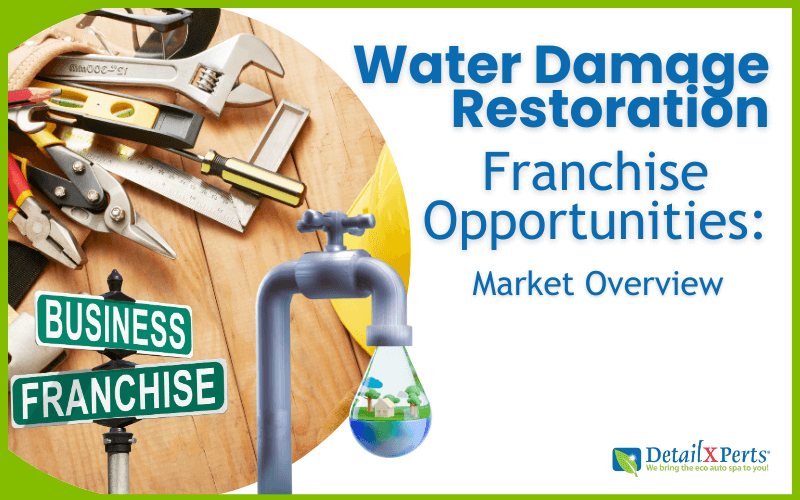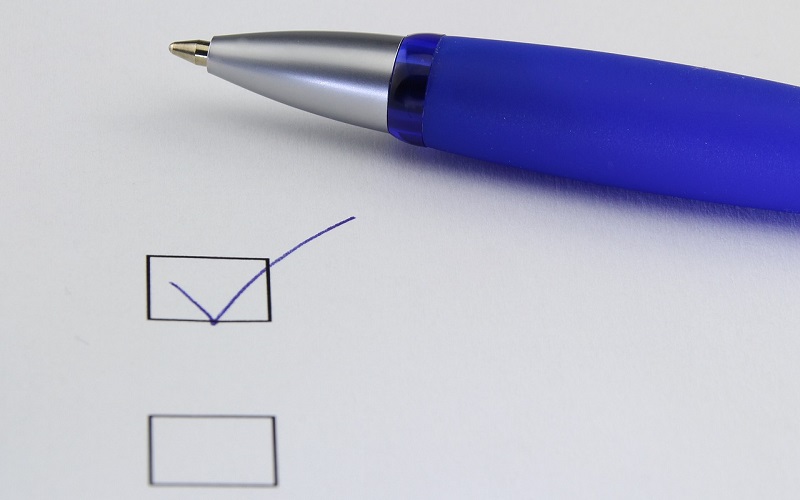You might not know it, but your inaction or ignorance might lead to violations of important environmental laws, especially those that deal with the reuse of water.
As a car owner, you might be tempted to subject your vehicle to regular car washes right in your own home. While there’s nothing wrong with cleaning your car, doing so in a residential setting without proper measures to collect and/or treat the dirty wastewater is dangerous to your community’s water resources.
Washing your own car can mean using as much as 140 gallons of water per cycle, whereas a car wash facility can use only 45 gallons for every car. In both instances, the dirty water is mixed with chemicals, oil, dirt, and other pollutants that can pose serious threats to the environment. This is why do-it-yourself car washes on the streets have been banned in some communities, especially those that have a high risk of water contamination.
As a professional car detailer, you might think that you already have the technology and the tools to make sure that your effluent, water and chemicals, are properly treated before being discharged into the sewers. However, water treatment is just one side of the coin. Water reuse and recycling is just as important if you want to make a genuine contribution towards conserving the earth’s limited water supply.
Ecology and Economy
Installing a water treatment and recycling facility in your auto detailing shop or service station is no small investment. It requires big bucks, possible floor layout changes, and lots of paperwork. The car wash industry is becoming more cognizant of the role that they play on the world’s water consumption patterns, so environmentally-friendly methods to cut down on water use are being developed continuously.
The good thing about maintaining the required water treatment facility is that the waste water can be used for the next car that comes around. The recycled water is typically used for the early rinses, initially ridding the vehicle of dust and dirt on the surface. So instead of using up 45 gallons per car, you use as little as a third of that for every new vehicle that comes into the shop. Fresh water is utilized for the final rinse to give the car that sparkly-clean polish.
Considering that every detailer can produce anywhere from 1 million to 10 million gallons of wastewater annually, you can just imagine the huge impact that a water recycling facility can make on overall water consumption.
The Greenest Solution
Complying faithfully with local wastewater regulations and applying conscientious business practices are sure-fire ways to do your share for the environment. If you want to truly get rid of wastewater altogether, however, it’s best to opt for car cleaning methods that use little to no water. Steam and waterless car wash services are offered by some detailers, giving you the option to make your car clean again without putting a strain on local water resources. That’s certainly a more positive step towards environmental conservation than simply recycling water.





